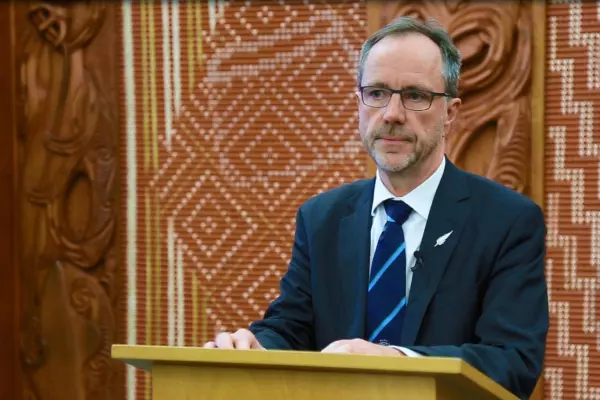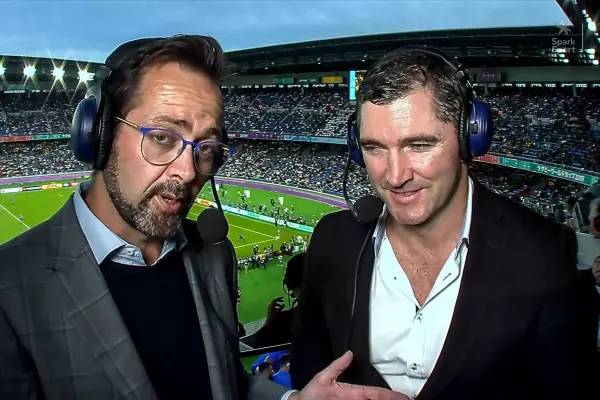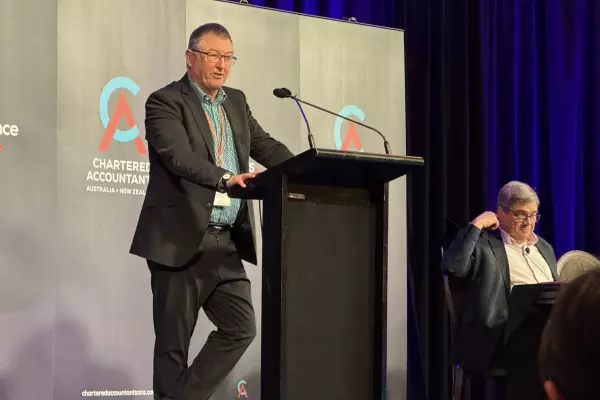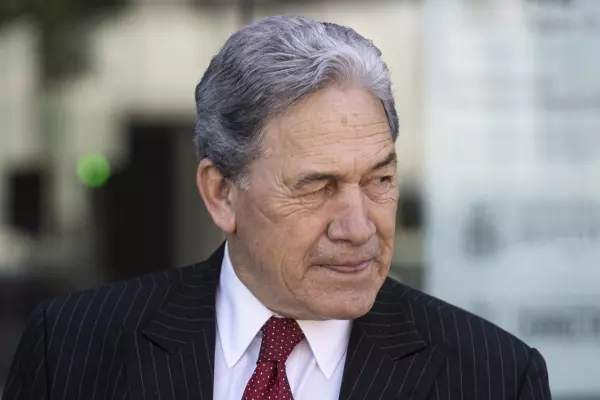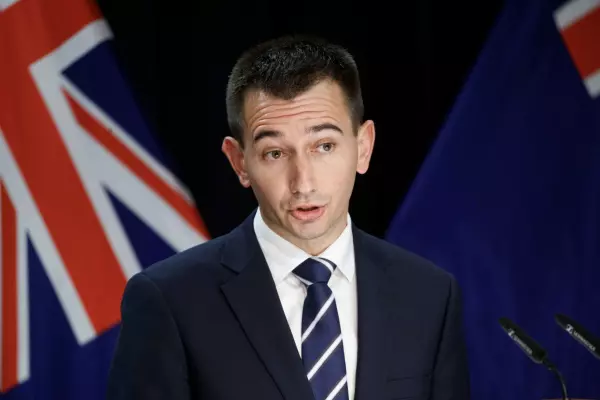Debating whether Waka Kotahi NZTA broke the rules by having politicians appear in its ads is like dancing on a pin.
But there are a lot of preliminary dances that must be performed before officials will even sharpen a pin for such a dance.
In fact, public service commissioner Peter Hughes is currently deliberating on whether he will even engage in one – pondering, as he is, whether to act on a National party complaint and open up an investigation into NZTA.
This is despite making a clear ruling in March that a Labour candidate should never have appeared in an ad housing agency Kāinga Ora ran shortly before and during the 2020 general election period, because it was a breach of political neutrality.
Such are the slow machinations of the state at these lofty levels, particularly when it seems the public service has embarrassed its political masters for the third time on the same issue of political neutrality in government advertising.
Meanwhile, we’ve had ads featuring local body politicians running as early as January in a local government election year, with some as recently as Sept 2.
The formal election period commenced on July 8 – nearly three months after Hughes was first notified of the situation by the NZ Taxpayers’ Union's April 12 complaint.
‘Significant risks’
So how was this foreseeable train wreck allowed to proceed?
Hughes said he was unable to act on the group’s complaint as it should have been made to NZTA’s chair Brain Roche in the first instance.
“Given the lines of accountability, concerns relating to the integrity and conduct should be put to the head of the agency [ie Roche] for consideration and response, in the first instance.
“Only after that has occurred, will the commissioner consider whether further investigation is warranted.”
Hughes also told the group there were limits to his powers to investigate Crown agencies like NZTA.
“The investigation must either relate to compliance with the code of conduct or it must be requested by the prime minister, the responsible minister [Michael Wood], or the head of the agency (that is, the board chair).”
The Taxpayers' Union also raised the matter of the Three Waters advertising campaign being curtailed over its breach of the neutrality rules.
Hughes said the Department of Internal Affairs' chief executive had written to him seeking advice and he wrote back “identifying significant risks”.
This was consistent with the advertising rules which say the commissioner is “available” to provide advice “particularly if conduct or integrity issues arise”.
The use of the word "available" might imply the advice has to be solicited, which would mean he can't just pick up the phone and alert chief executives to “significant risks” he's become aware of.
So the merry dance of the complainant going to the head of the agency and then returning, unsatisfied, to the commission was performed.
This did result in a phone call with Roche and a brief meeting between NZTA's chief executive and commission staff in May.
The upshot of the conversation was that the responsibility for complying with the rules sits with NZTA but the commission can advise if asked.
At this point, the National party started asking questions and has now lodged its own complaint with the commission.
Exigent circumstances?
It’s a shame advice, solicited or unsolicited, wasn't given by Hughes in April as it probably would have prevented the rather serious matter of inappropriate government advertising intruding on local elections in two of our major cities.
One is reminded of those classic scenes from crime shows where police are arguing over whether a warrant is needed before action can be taken while “exigent circumstances” demand immediate action to protect the public.
One might also ask where were the ministers in all of this? They could have directed Hughes to investigate at any time.
The transport minister’s office told BusinessDesk they “became aware of Waka Kotahi’s intention to highlight local projects by around the time the advertisements commenced”, but had no awareness until Sept 5 that the ads were still running during the election period.
Another minister, Chris Hipkins, who holds the public service portfolio, was certainly aware by June 1 as he was asked a question in parliament about the Taxpayers’ Union complaint.
NZTA told BusinessDesk the question is what prompted it to remove tags connecting the related Facebook posts to the politicians’ own pages, so clearly, ministers’ offices did get involved.
‘Blanket rules’
As for the pin dance over whether it is okay for politicians to appear in government advertising – black and white answers don't seem to exist.
Hughes said he wouldn’t rule out there were circumstances where it was okay, telling BusinessDesk – “Blanket rules are unhelpful.”
He declined to even rule on the likelihood of such circumstances, despite the precedent set by his own recent ruling on the Kāinga Ora ad.
No wonder public servants find the rules difficult to apply if they cannot even get a strong indication such actions are out of bounds.
An internal email discussion on the rules had the commission’s own principal adviser on integrity, ethics and standards remark on the fine line between informing and advocacy, and “how use of language could be perceived as promotion particularly if the language is emotive or biased.”
It's not as if the commission hasn't provided "bright lines" for public servants on other matters relating to the all-important impartiality principle.
For example, in its advice on how public servants may participate in political activities outside of work, the guidance says –
“Those of us in very senior positions may be required to have a very low level of involvement, perhaps with our interest being discernible only by a visit to a polling station on election day.”
That’s about as close to a blanket rule as we’re ever likely to get, and such indicators of a likely “bright line” provide a valuable navigational aid for public servants drowning in the ambiguities of the rules they're asked to live by.
Meanwhile, NZTA began running yet another dubious ad last week, this time, thankfully, without politicians but still looking as if it really doesn’t get the rulebook, or the need to tread carefully given the complaints made against it.
The ad begins by "informing" the public of a busy summer of roadworks ahead, but rather than NZTA taking the opportunity to promote its journey planner, it bragged about what it accomplished in the past financial year instead.
The caption on the photograph illustrating this story has been amended to remove any implication that it represents reported speech.




